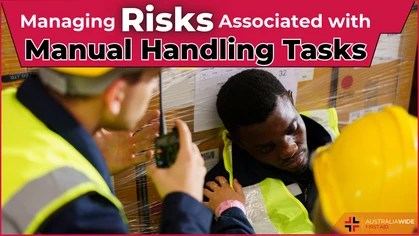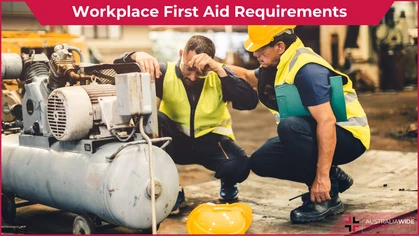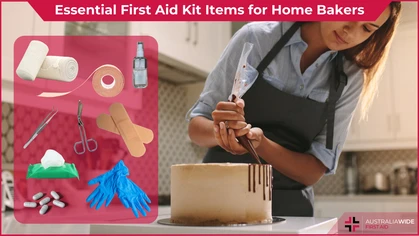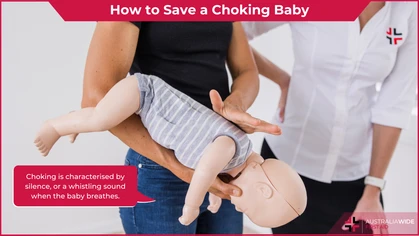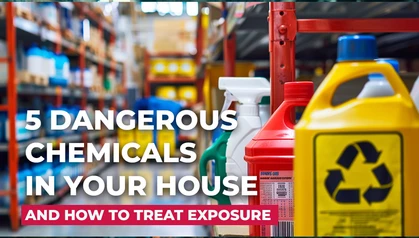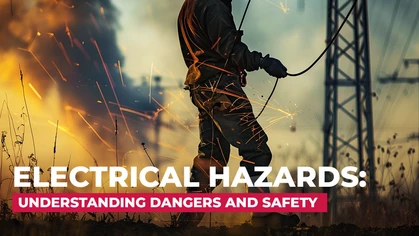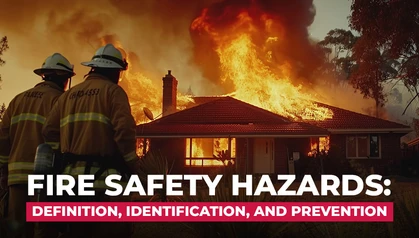Shock-Proof Your Home: Tips for Preventing Electric Shocks

Danger
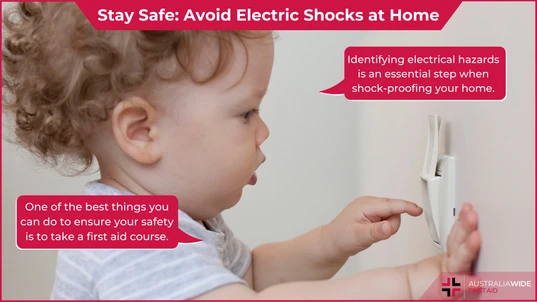
Shock-proofing your house protects you and your family.
We all know the importance of keeping our homes safe from potential electrical hazards, yet we often take for granted the importance of taking proactive measures to prevent electric shock injuries. In this article, we will discuss how to identify electrical hazards, provide home electrical safety tips, and prepare for electrical emergencies–all in an effort to shock-proof your home. We will also discuss the importance of taking a first aid course to better equip you to deal with electric shock injuries. By following these tips, you can help reduce the risk of an electrical shock injury and keep your home and family safe.How to Identify Electrical Hazards
Identifying electrical hazards is an essential step when shock-proofing your home. The following are some important tips for identifying electrical hazards:- Look for any exposed wiring or outlets. Exposed wiring can cause electric shocks and should be covered up or repaired to prevent this.
- Check for any frayed cords or damaged plugs. Damaged cords and plugs can also cause electric shocks and should be replaced immediately.
- Ensure that circuits are not overloaded. Overloaded circuits can cause electric shocks and can be easily identified by looking for signs of sparks, smoke, and unusual smells.
- Check for any loose electrical connections. Loose connections can cause electric shocks and should be tightened or replaced.
- Make sure that all electrical appliances are being used correctly and are in good condition. Faulty or incorrect use of electrical appliances can cause electric shocks.
- Make sure that all electrical outlets near water sources are protected with ground fault circuit interrupters (GFCIs). GFCIs are designed to shut off the power if a person comes into contact with an electrical current.
Home Electrical Safety Tips
Home electrical safety is essential for preventing electric shocks, and there are a few tips that can help you shock-proof your home. First, make sure all outlets are properly covered with faceplates. This will prevent small objects from being inserted into the outlets, which can cause electric shocks. Also, check that all outlets have three-pronged plugs and that the ground prong is properly attached. Second, inspect all of the cords connecting your home appliances. Look for any fraying or exposed wires, as these can cause electric shocks. If you do find any damage, it is important to replace the cords as soon as possible. Third, use surge protectors when plugging in large appliances like televisions or computers. This will help protect them from power surges, which can cause electric shocks. Fourth, be aware of the wattage for each outlet in your home. If you plug in too many items that exceed the wattage limit, it can cause electric shocks. Finally, if you are doing any work on electrical wiring or outlets in your home, always make sure to turn off the power to the circuit before starting. This will help lower the risk of electric shocks. By following these tips, you can help shock-proof your home and reduce the risk of electric shocks.Preparing for Electrical Emergencies
When it comes to preventing electric shocks in the home, it’s important to prepare for any electrical emergencies that may arise. Make sure to check all electrical outlets and cords regularly for signs of wear and tear, and repair or replace any damaged pieces immediately. Make sure to stick to using only the correct wattage of light bulbs for the fixtures in your home and never overload electrical outlets with too many appliances. Additionally, be sure to keep all electrical appliances away from water sources like sinks and bathtubs. Finally, invest in a surge protector to protect your electrical devices from power surges, and install a ground fault circuit interrupter (GFCI) in areas of your home that are at high risk of water contact. With these simple steps, you can help to ensure your home is safe and shock-proof.The Importance of Taking a First Aid Course to Help Deal with Electric Shock Injuries
When it comes to electric shock injuries, one of the best things you can do to ensure your safety is to take a first aid course. Australia Wide First Aid offers a range of courses, including the HLTAID011 Provide First Aid course, which is designed to help you deal with electric shock injuries in an appropriate and effective manner. The first aid course can provide you with the knowledge and skills to recognise the signs and symptoms of electric shock, and provide the necessary first aid treatment. It can also help you to identify hazards that could lead to electric shock and how to prevent them. The course also teaches you the correct way to use a defibrillator, which is an essential tool for dealing with electric shock injuries. It also covers the importance of using personal protective equipment (PPE) and how to perform CPR. In addition, the course covers important topics such as the recovery position, dealing with bleeding, and how to administer first aid for burns caused by electric shock. By taking a first aid course, you can be sure that you are prepared to deal with electric shocks in the safest and most effective manner possible. This will help to protect you and your family from the dangers associated with electric shock, and ensure that you are able to provide the best first aid treatment in the event of an electric shock emergency.
Originally published at
https://www.australiawidefirstaid.com.au/resources/stay-safe-avoid-electric-shocks-at-home
as part of the Australia Wide First Aid Articles Library
